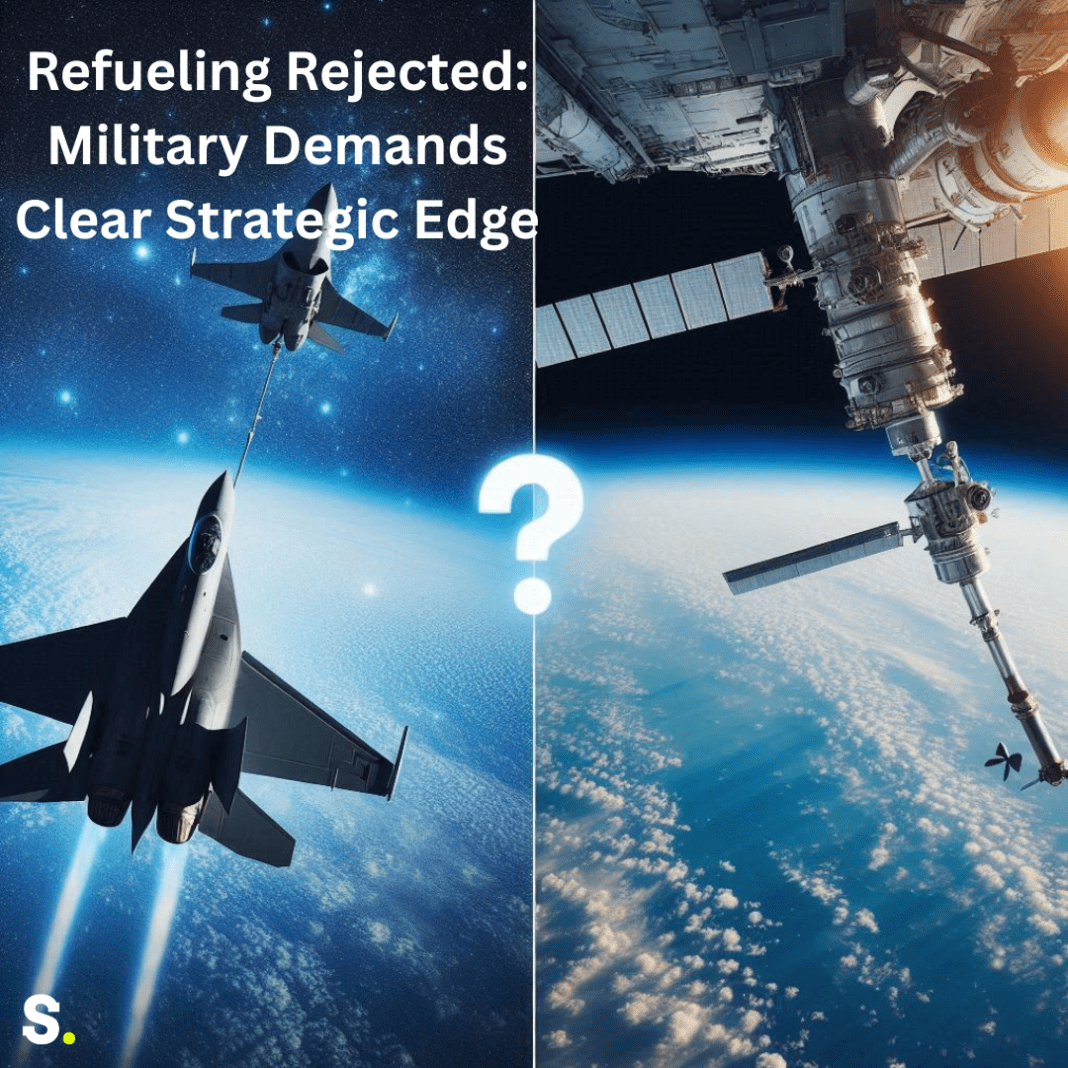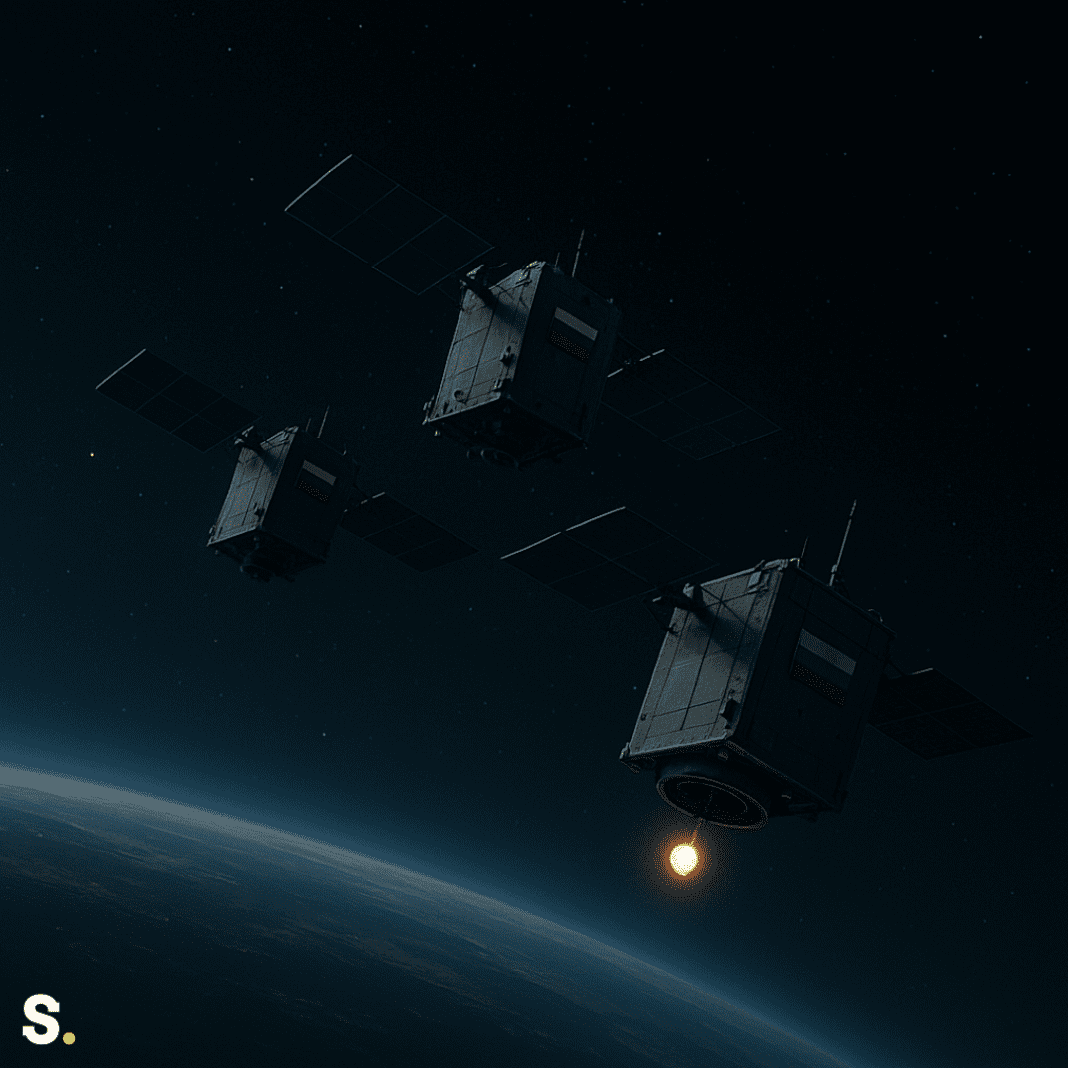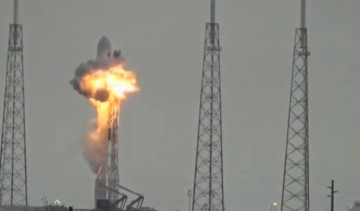The U.S. military often uses air-to-air refueling to help fighter jets fly farther and stay in the sky longer. This helps them reach far-off areas and carry out missions without stopping. But when it comes to satellites in space, military leaders are not sure if refueling them makes sense.
Space Refueling Isn’t a Clear Military Need Yet
Space companies have been talking about refueling satellites for years. They say it can help reduce space junk, extend satellite life, and save money. These companies want to repair, reposition, and refuel satellites already in orbit. But many military experts are still not convinced.
The idea sounds smart—keep using the same satellite by adding more fuel. However, most military satellites don’t stop working because they run out of fuel. They stop working because something else breaks down. This means that even if fuel is added, the satellite might not be useful anymore due to technical problems.
In the air, refueling clearly helps. It makes fighter planes fly farther and stay in battle longer. But in space, it’s different. Satellites don’t need to fly back and forth. Once they are in orbit, they mostly stay in the same path. So, giving them more fuel doesn’t always mean they’ll do more work.
Switzerland Steps In as Tensions Mount Over Militarization of Space
Military Leaders Want Clear Benefits Before Acting
Military experts are asking for proof. They want to see how refueling satellites would help during a real war. Would it give an edge if there were a conflict with another powerful country? Could it help protect or operate important satellites better? Until these questions are answered, they are not ready to invest heavily in space refueling.
Some types of satellites might benefit more than others. For example, satellites used to watch space and track other satellites move around a lot. These use more fuel and may run out faster. In those cases, refueling could be helpful. That’s why some parts of the military are more open to the idea. But even then, the number of such satellites is small.
Another issue is the cost. Sending refueling tools or spacecraft into space is not cheap. And many existing satellites weren’t built to accept refueling. That means it’s hard or even impossible to add fuel to them safely. They weren’t designed to be opened up and worked on in orbit. So, trying to refuel them could be risky or not work at all.
Right now, the military is studying this issue carefully. They are collecting data to understand the full costs and benefits. They are looking at both low Earth orbit (LEO) and geostationary orbit (GEO). GEO is a higher orbit where big, expensive satellites often operate. These satellites do important jobs like long-range communications and global surveillance.
Russia Launches Trio of Satellites—Then a Strange Object Appears From Nowhere
The military is also planning some experiments. These tests will happen in the coming years. They want to see if refueling works well in real conditions. Even though many leaders are unsure, they are still open to testing the idea. But they want to be cautious and only move forward if there is clear proof of value.
Industry and Military Still Waiting on Each Other
Private space companies are hoping the military will support their refueling services. They want the government to become a major customer. This would help them raise money and build the systems needed for in-space servicing. But the military wants companies to take the first step. They want to see working systems before they commit large amounts of money.
Russia’s Nuclear Space Weapon Puts the World at Risk, U.S. Warns
Right now, both sides are waiting. The military says, “Show us the advantage.” Companies say, “Help us get started.” It’s like a standoff, where each side is waiting for the other to move first. Neither wants to take the big risk alone.
The military is being cautious because they need to make sure everything they do adds real value. Every dollar spent must help with national security. That means they need clear answers. Will refueling make a big difference in protecting the country or winning a war? If yes, then it might be worth it. But if not, it may just be a science experiment with no real use in battle.
For now, satellite refueling remains an idea under review. The technology is promising, but the military needs to see hard facts. They want to know if it can help in real-world conflict, not just in theory. Until that happens, they are holding back from making any major decisions.




